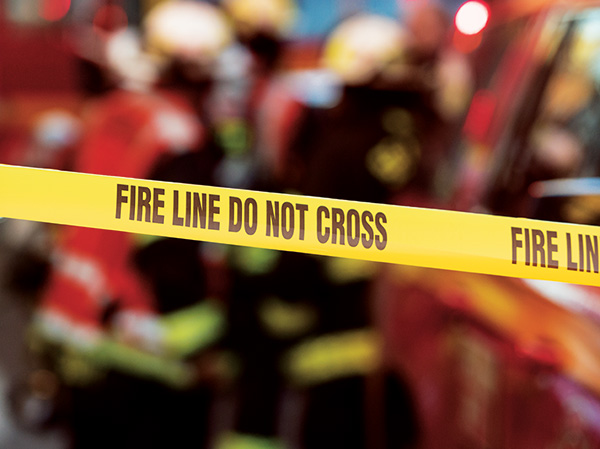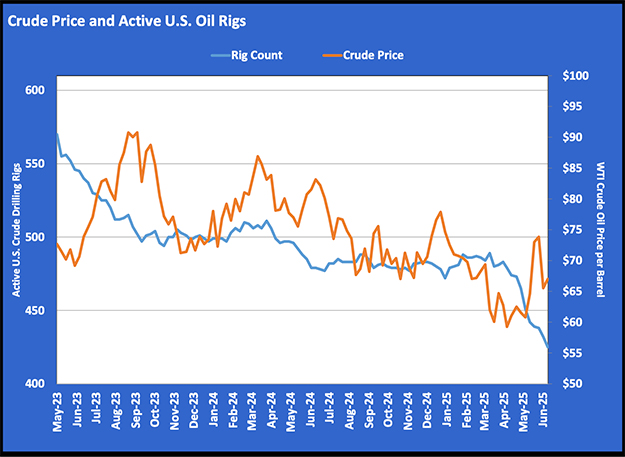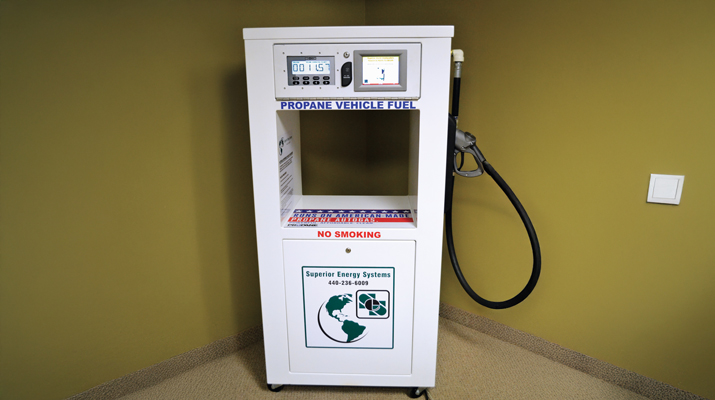Timely incident reporting leads to best possible defense

Evidence can be lost if scene exams aren’t conducted immediately after an incident. Photo: 400tmax/iStock / Getty Images Plus/Getty Images
When we are called in to represent a client in a claim or potential claim, we immediately assess the state of the evidence available to us.
It is very common for our office to be retained within days, if not minutes, of when a significant incident occurs. But we are still frequently retained weeks or months after an incident, such as a fire, explosion or catastrophic event.
This delay can create a host of difficulties for prosecuting and defending a claim or lawsuit should one arise out of an incident.
Case study
The most obvious difficulty from the defense perspective is that the scene can be altered such that making an accurate scene assessment is difficult, if not impossible.
For example, we were notified of an explosion that caused the death of one individual and significant burn injuries to a second person several months after the event.
We immediately sought to conduct a scene exam. Upon arriving at the scene, we found that the building where the explosion occurred had been picked clean of all gas appliances and piping. This lost evidence was partly replicated by obtaining fire department photos. But no leak testing had been done on the gas lines. The gas appliances were not operated to see if they functioned properly. The gas was not tested to determine its odorant level.
All of this information typically documented in a fire scene was forever lost. As a result, the ability to defend the case was severely hampered.
The first notice of this possible claim came from a letter of representation from a lawyer representing one of the people injured in the explosion. The client gas company had not put its insurer on notice of the loss despite being aware of its occurrence. Only when the letter of representation crossed the insurer’s desk did it and, subsequently, our office get notice of the claim.
It will come as no surprise that a lawsuit was instituted against several defendants. The lack of documented evidence allowed for “creative” manipulation of how the explosion occurred and allowed the case to limp along to a final resolution.
Takeaways
Could a full investigation have provided a more ironclad defense? That question remains unanswered.
Given what I was able to piece together with the evidence we did obtain, I think the defense of the case would have been strengthened considerably had the scene remained intact for us to conduct a thorough investigation.
In my experience, these situations play out in a variety of ways and for various reasons. In some instances, the gas company is not aware of the event and therefore doesn’t put anyone on notice. But this is very rare.
More often, the gas company doesn’t want to involve the insurer out of concern the incident will affect its rates or the insurer will cancel its policy. There is also often a mentality of denial, with an assumption that it wasn’t the gas company’s fault.
My point is to stress the need to stay vigilant about providing notice to your insurer or risk department so that a proper defense can be prepared.
A proper defense includes the scene exam and lab testing of equipment and odorant levels in the propane. But it also includes gathering service and delivery records, interviewing any employee who worked on the account, and providing advice and counsel in the event that government agencies are called in to investigate.
It may seem counterintuitive to put the insurer or risk manager on notice of an incident when no claim has been submitted by an injured party or legal counsel. But significant events that cause death, injury and property damage result in claims and lawsuits.
This hard reality requires us to be prepared.
John V. McCoy is with McCoy, Leavitt, Laskey LLC. His firm represents industry members nationally. He can be reached at jmccoy@MLLlaw.com or at 262-522-7007.
















